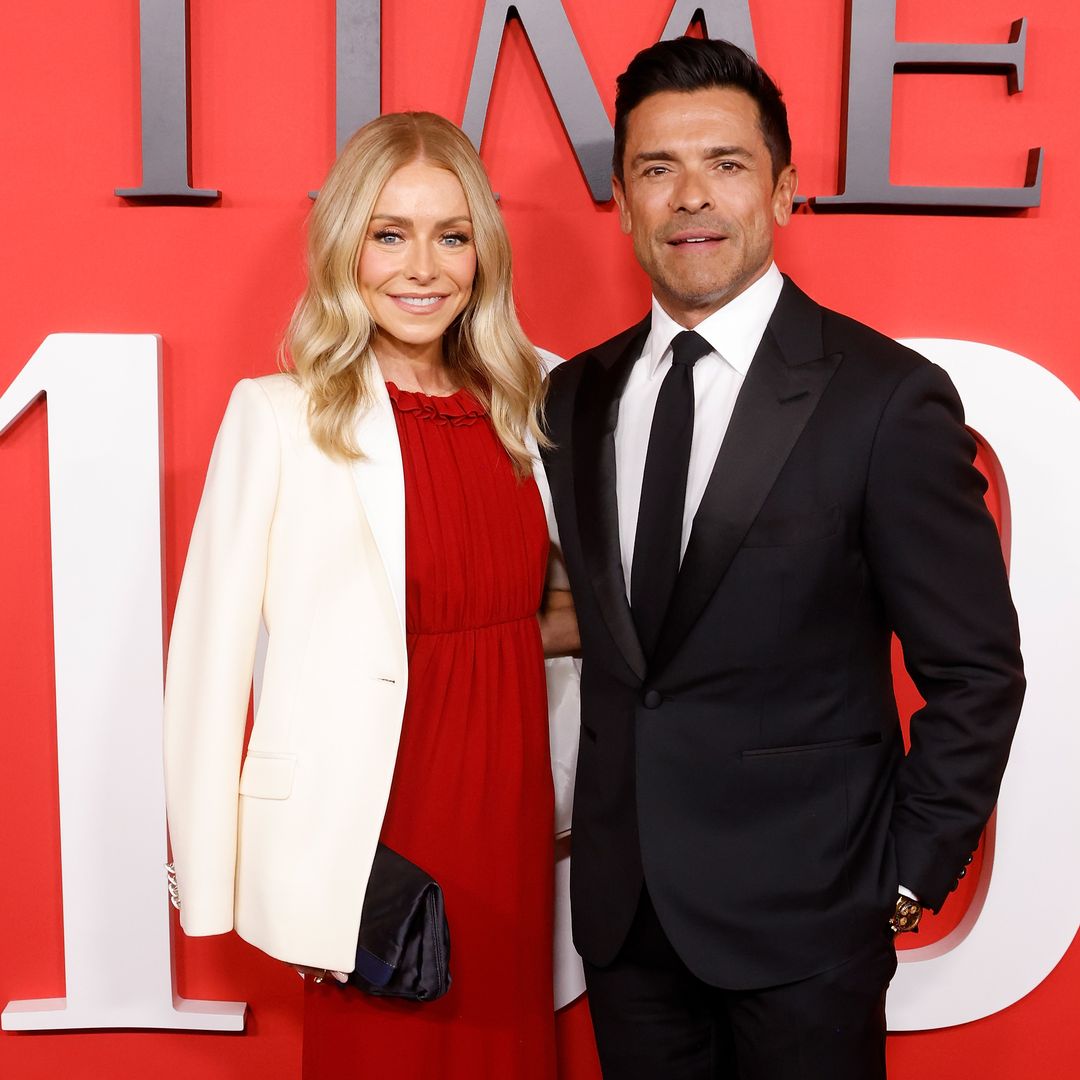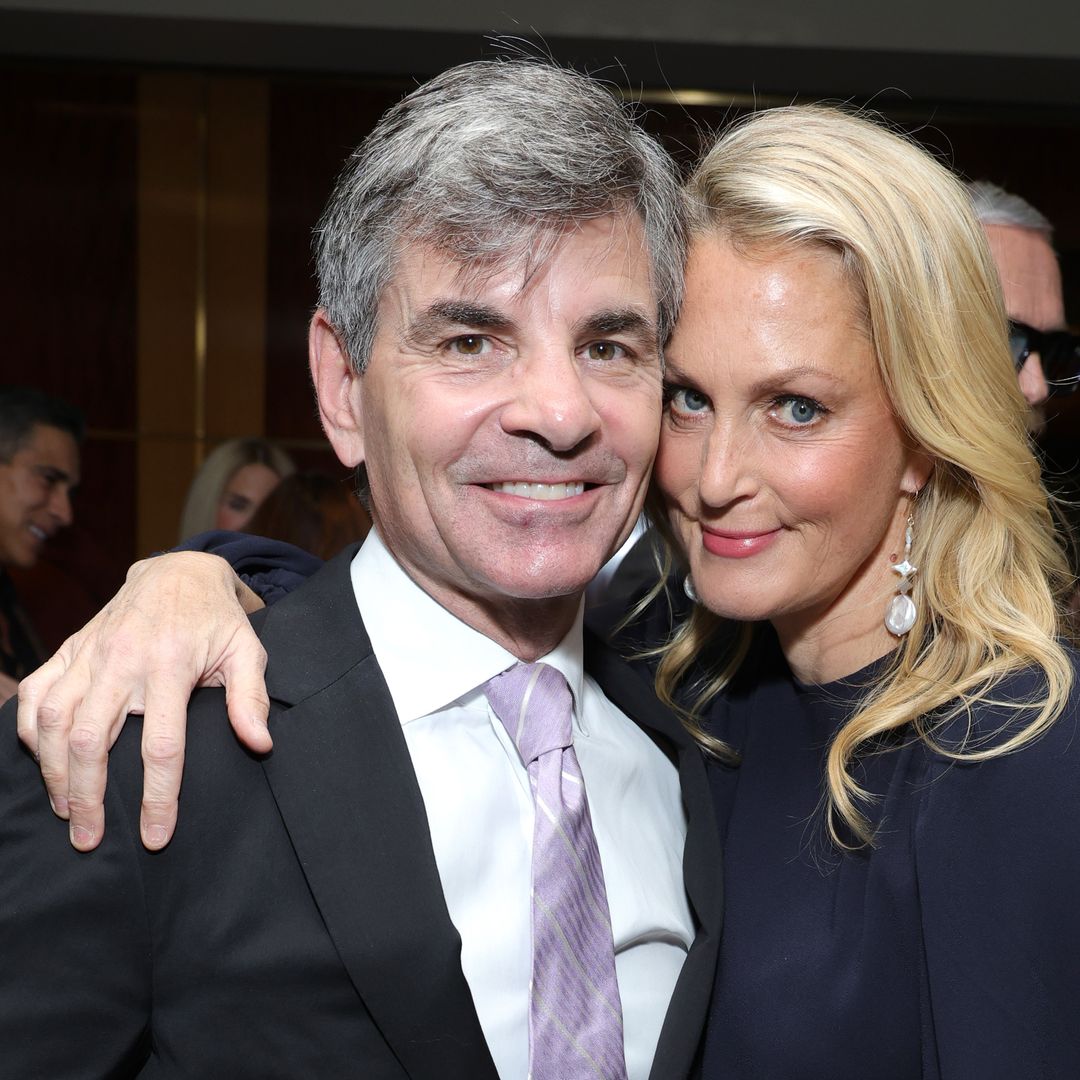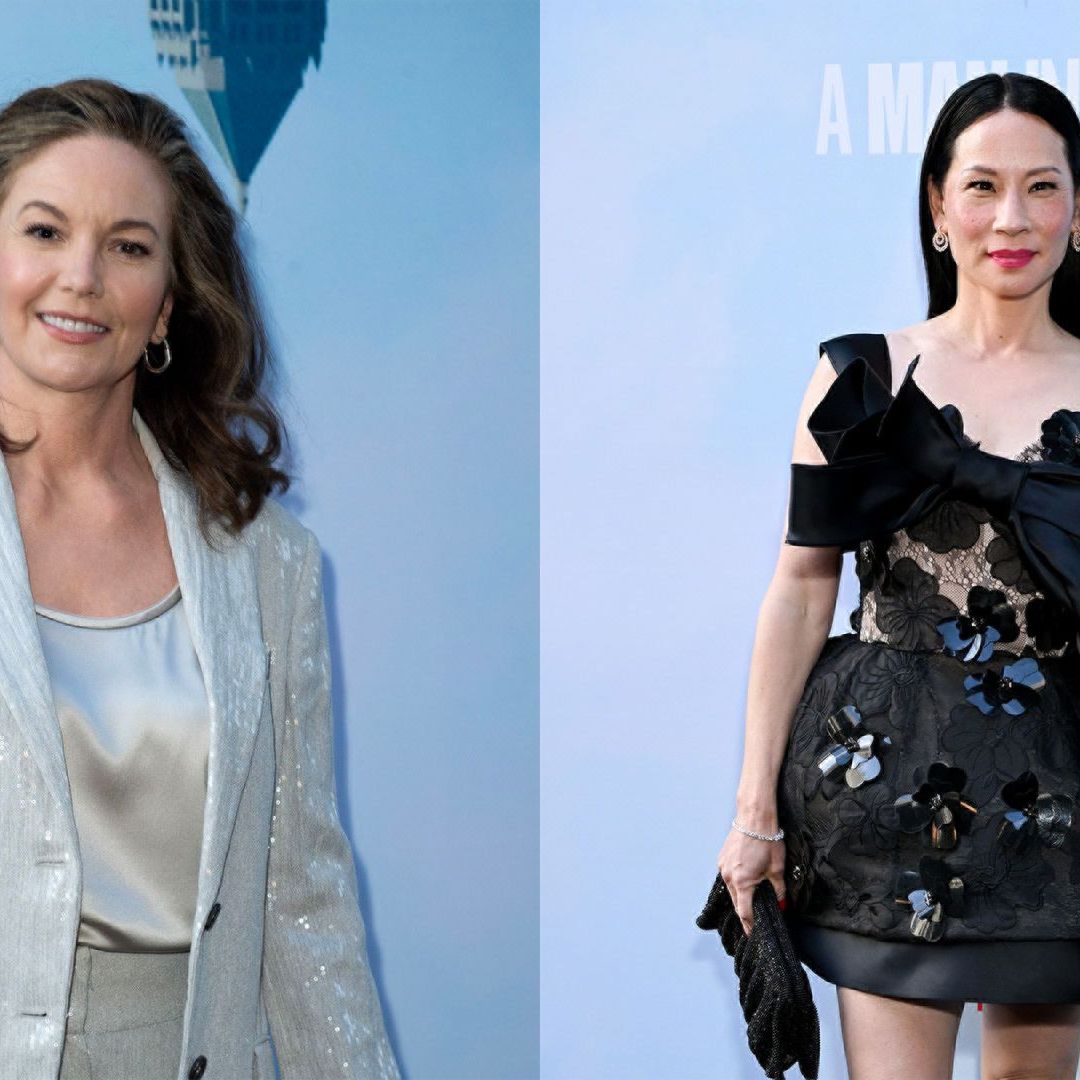Since the song The Lion Sleeps Tonight was penned by Zulu tribesman Solomon Linda over 60 years ago, it has generated over £45 million. But despite his melody's enormous success Linda died in poverty, having sold the track to record producer Eric Gallo for just ten shillings.
His song has since been recorded by 170 different artists, including Glen Campbell, Brian Eno and the 1986 England World Cup squad. It has also appeared in 15 films including Ace Ventura: Pet Detective and The Lion King.
While Solomon never saw any of the royalties, it seems his daughters may soon recover their father's legacy, thanks to a little-known law stating that rights to a song should revert to the creator's estate 25 years after their death.
That means the composer's three daughters, who still live in poverty in Johannesburg townships, may soon become extremely rich. Because Gallo Records, which originally bought the tune, has decided the time has come to make amends.
The company, which had sold the US rights to another firm, instructed its lawyers to find a way of recovering the money for the family. They found the legal provision in British Imperial Copyright Law, and it seems the rule can be used to rake back much of the wealth generated by the song.
The Supreme Court in Pretoria has now appointed an executor to Linda's estate, and the process of recovering the money is underway. "The copyright provisions could be enforced retrospectively and could run into millions of pounds," says Pretoria copyright lawyer Owen Dean, who is working with Gallo Records. "It is high time that Mr Linda's family, who are living in abject poverty, finally received some redress."
 Photo: © Alphapress.com
Photo: © Alphapress.com








